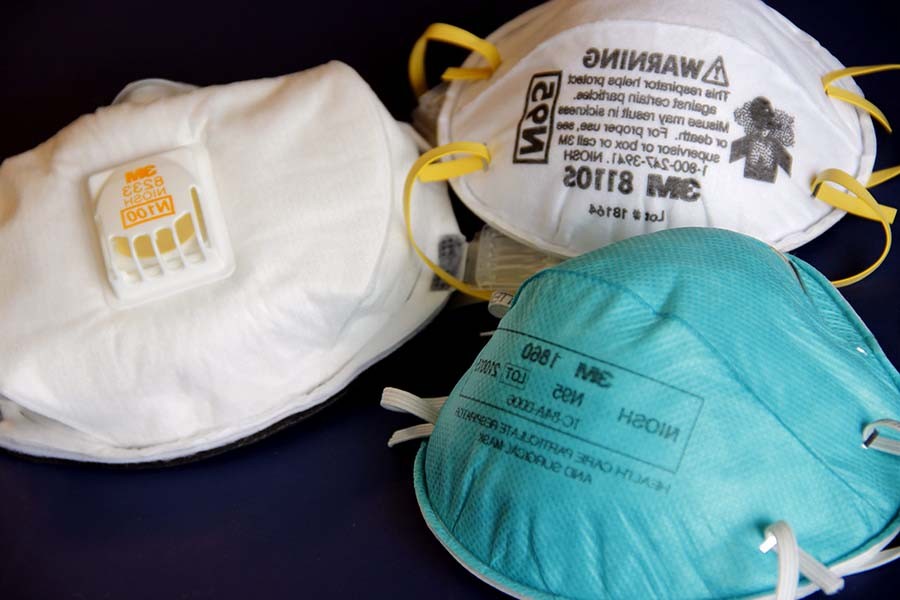
Published :
Updated :

Disposal of waste including the medical in a proper or hygienic manner is not a plus point of people in this part of the world. In case of the used protective gears of coronavirus, this deplorable legacy continues unabated. City corporations and municipalities are up against a most formidable task of getting rid of the discarded personal protective equipment (PPE). According to a study carried out by the Network on Climate Change in Bangladesh (NCCB), in Dhaka metropolitan area alone, 260 tonnes of discarded PPE are dumped everyday, which comes to 6186.51 tonnes a month. Of this huge pile of highly contagious materials, a large portion is thrown hither and thither, increasing the potential risk of fresh contamination several times more than if disposed of and destroyed complying with recommended medical guidelines. Fraught with high risks, such widely scattered materials have become a headache for city fathers and other authorities of urban clusters. The problems have been further compounded by dumping the rejected PPE together with household waste. With the household waste also accelerating the contamination process, the urban centres are inviting an environmental and human disaster.
On this score, the Directorate General of Health Services (DGHS), the Department of Public Health Engineering (DPHE), the Department of Environment (DoE) and city corporations and/or municipalities have also failed to jointly frame a policy guideline and act accordingly. Now that offices and businesses are open, production of the volume of such discarded gears in commercial and office areas has also gone up. Together with such waste, the more dangerous waste from hospitals, clinics and diagnostic centres get mixed as well. This should have been --and surely could be -- avoided if some simple clear guidelines were followed right from the beginning. In the same way, the public had to be sensitised about safe disposal of the corona gears in a separate bag or packet.
Of those used gears lying scattered, a large portion is not even biodegradable. Made of polythene and plastic materials, they give a longer life to the virus than those made of cotton and paper. What stands out as a mindless management of the household garbage and medical waste is that the collectors or cleaners of those receive no training. They cannot be blamed for not treating the hazardous and innocent waste materials differently and thus risking their own health. Now this is where it hurts most. How can people in the authority become so indifferent to the threat posed not only to the cleaners but the entire population of a locality or an entire city?
The mayor of the Dhaka North City Corporation (DNCC) was reported to have instructed inhabitants under his jurisdiction to put used PPE in a separate packet so that the materials did not get mixed with household waste. He even warned of not collecting waste from those found not to comply with the instruction. What happened to this praiseworthy move? This step should have been more or less up to the task. Had it been followed up with the final stage of disposal and destruction, a disaster now waiting to unfold could be avoided. But considering the merit of this good move, it should be introduced to all urban centres.


 For all latest news, follow The Financial Express Google News channel.
For all latest news, follow The Financial Express Google News channel.